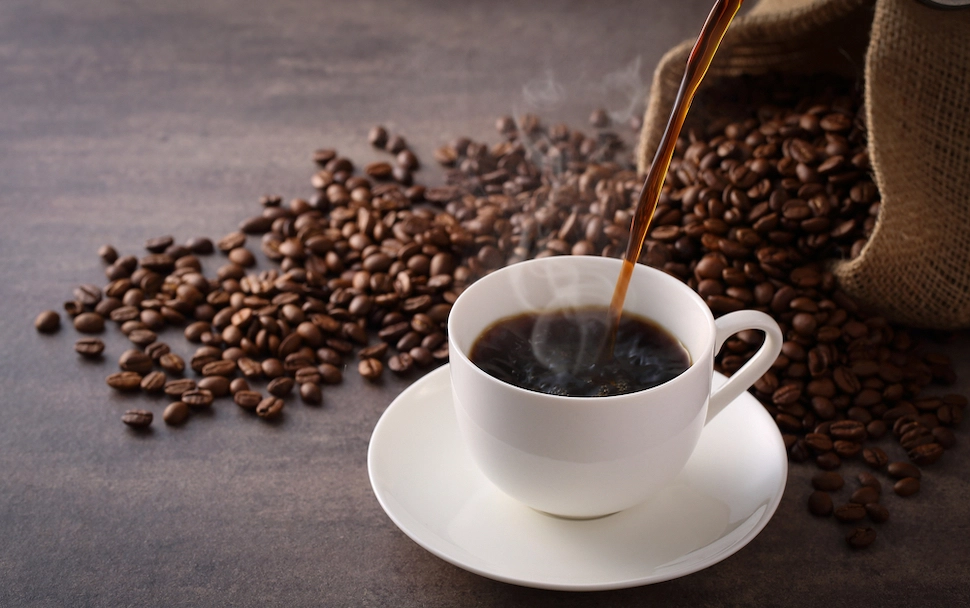

Caffeine and Bariatric Surgery
Caffeine is a stimulant and a natural diuretic which can increase the risk for dehydration in a bariatric patient. Our dietitians recommend avoiding caffeine at least while on your clear liquid diet preoperatively and for at least two months postoperatively, but if you can avoid it altogether, that is ideal.
Caffeine can be found in coffee, tea, soft drinks, energy drinks and “shots”, as well as over the counter dietary supplements. Up to 400mg of caffeine per day is considered a safe amount for healthy adults. One 8 ounce cup of coffee contains, on average, 70-140mg of caffeine. For our postoperative bariatric patients, we recommend no more than one 8 ounce cup of a non-carbonated caffeine beverage per day.
Potential Health Benefits
- Increased alertness
- Alleviated headache symptoms
- May decrease risk for Parkinsons and/or Alzheimer disease
- Low to moderate intake may protect against Myocardial Infarction
- May reduce risk for diabetes
- May help to decrease constipation since it is a smooth muscle stimulator
Potential Health Risks (with low to moderate consumption)
- May cause or increase symptoms of psychiatric disorders such as: anxiety, irritability, nervousness, and insomnia
- Heavy caffeine consumption may trigger coronary or arrhythmic events in some people
- May lower bone mineral density, increasing risk for fracture
- May increase uric acid levels leading to increased gout issues
- Decline in urinary health
- Dependence and abuse
*Studies show both increased and decreased risk for certain types of cancers when it comes to caffeine consumption.
A few low caffeine and non-caffeine alternatives:
- Decaf offers the taste with less caffeine
- Green tea
- Black tea
- Lemon water
- Broth, especially bone broth which is high in protein
- Coconut water